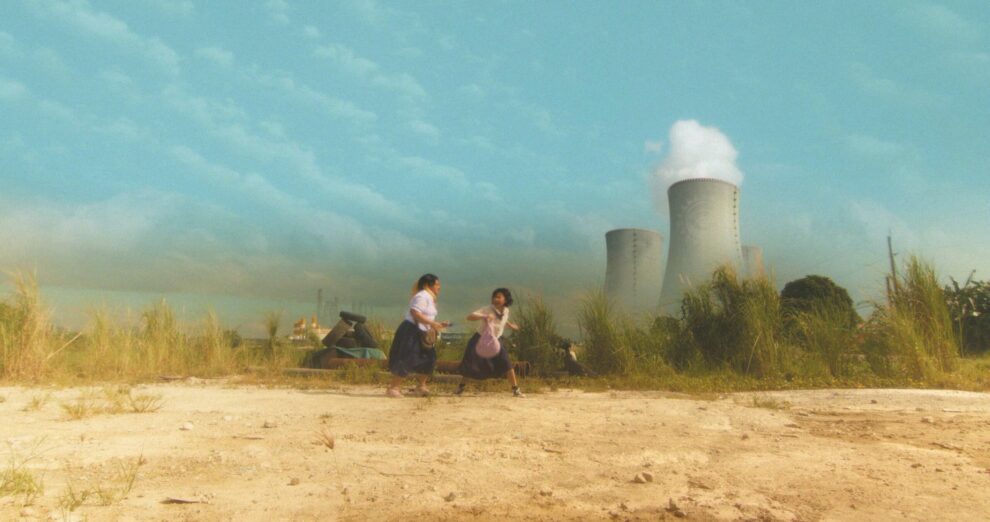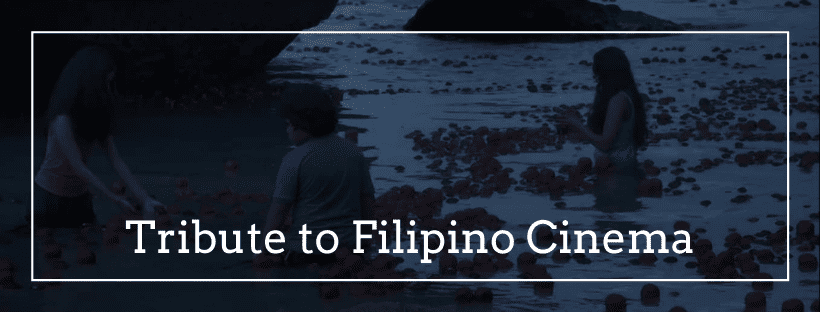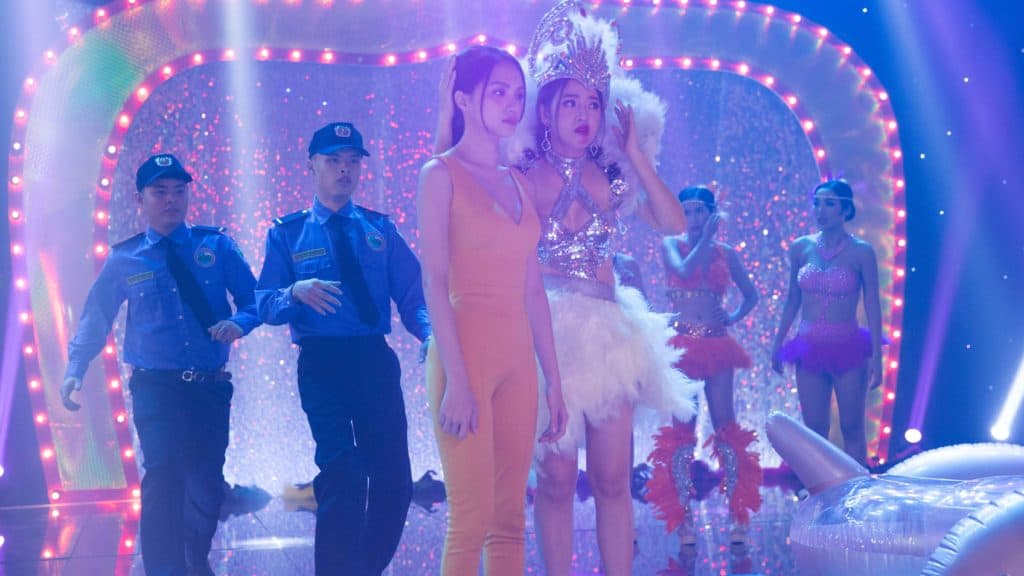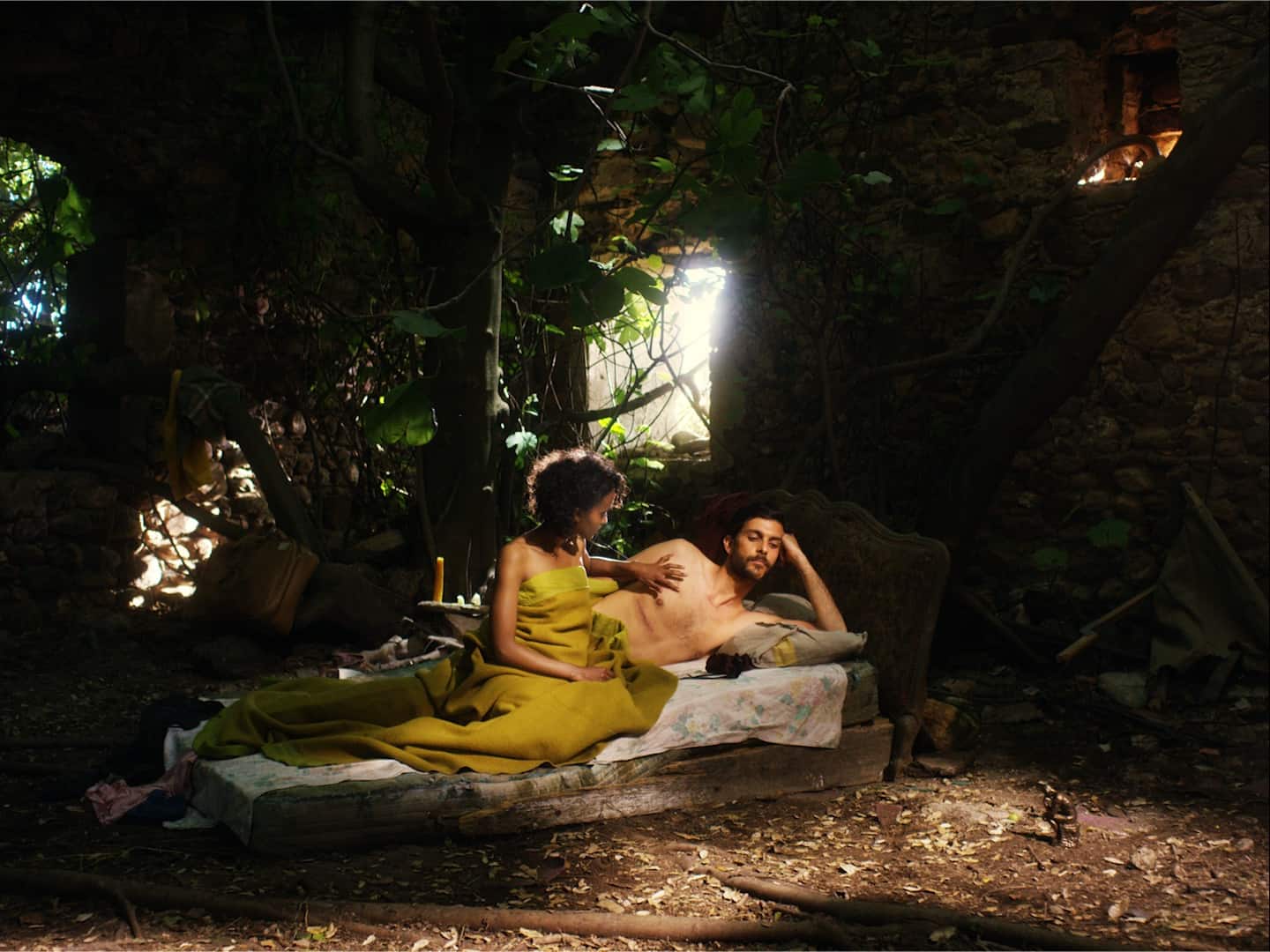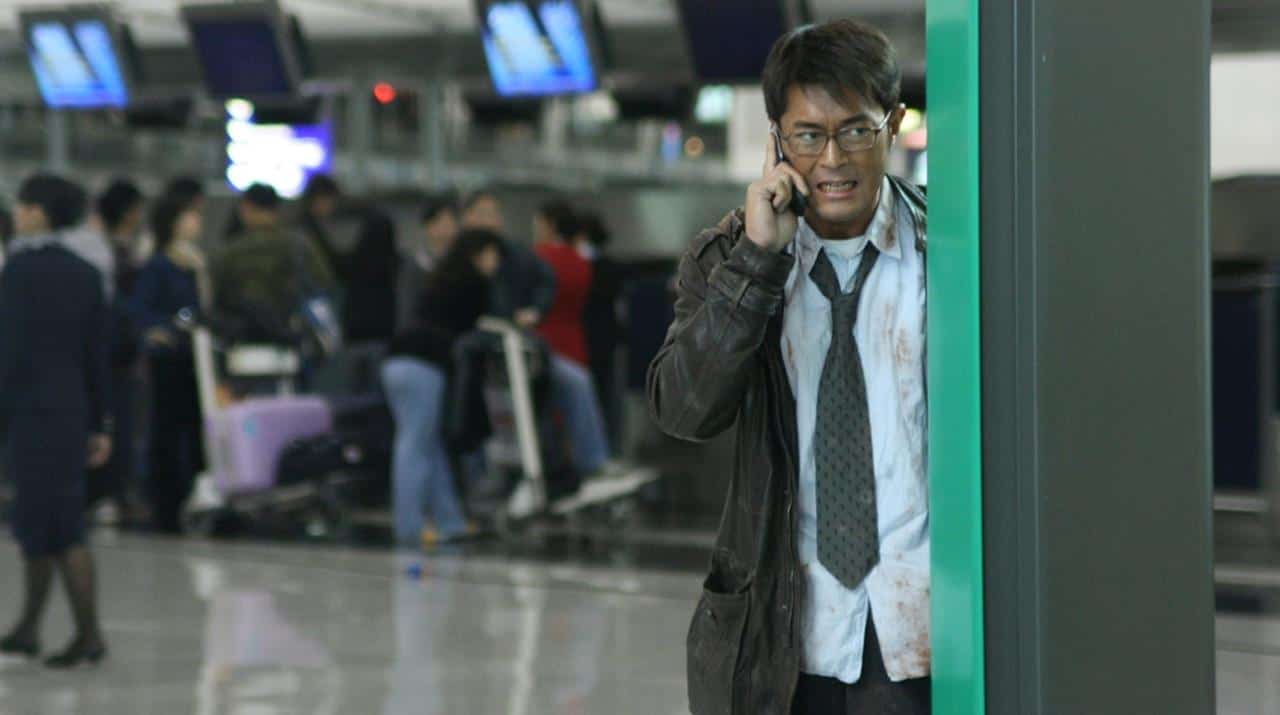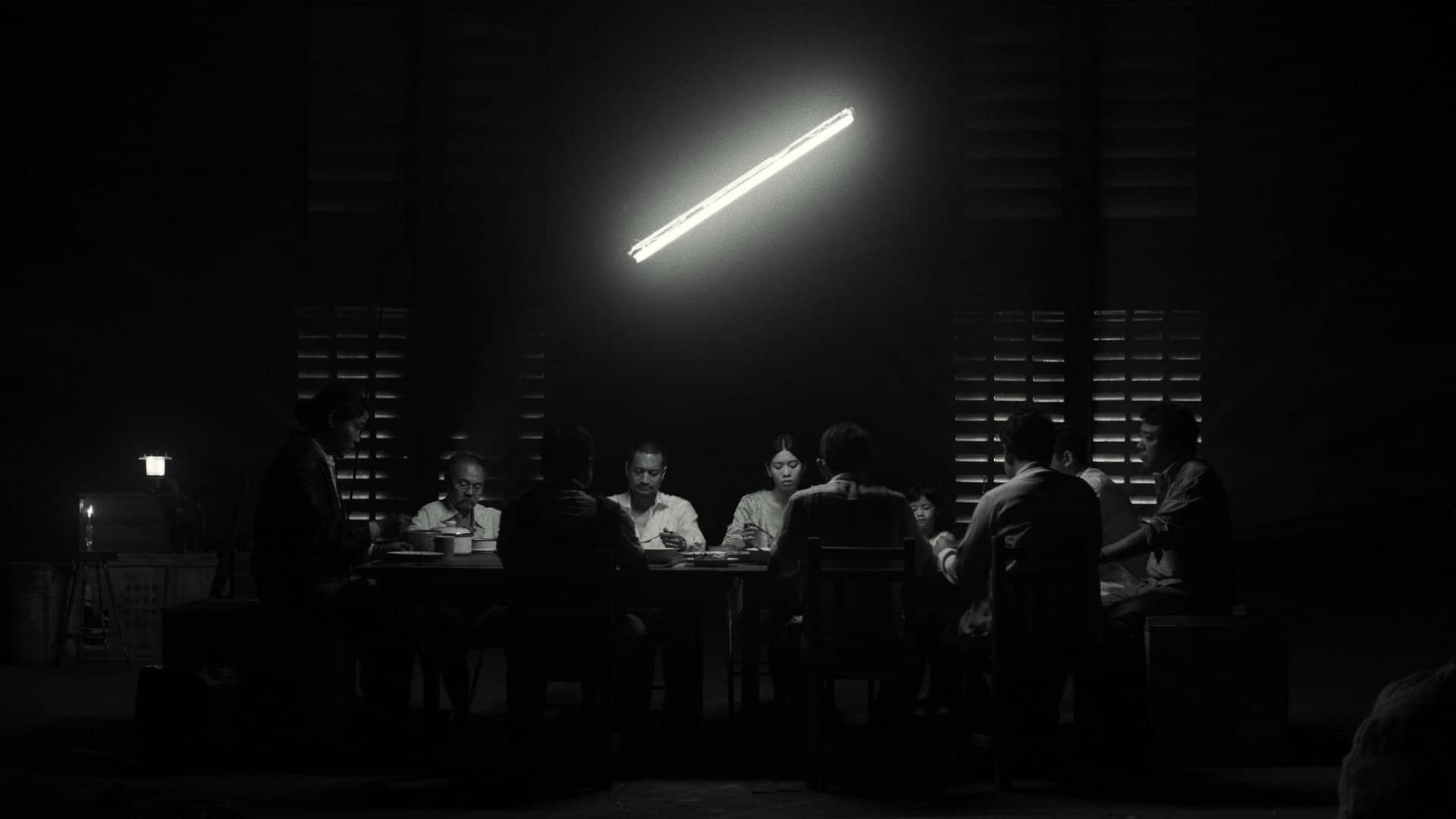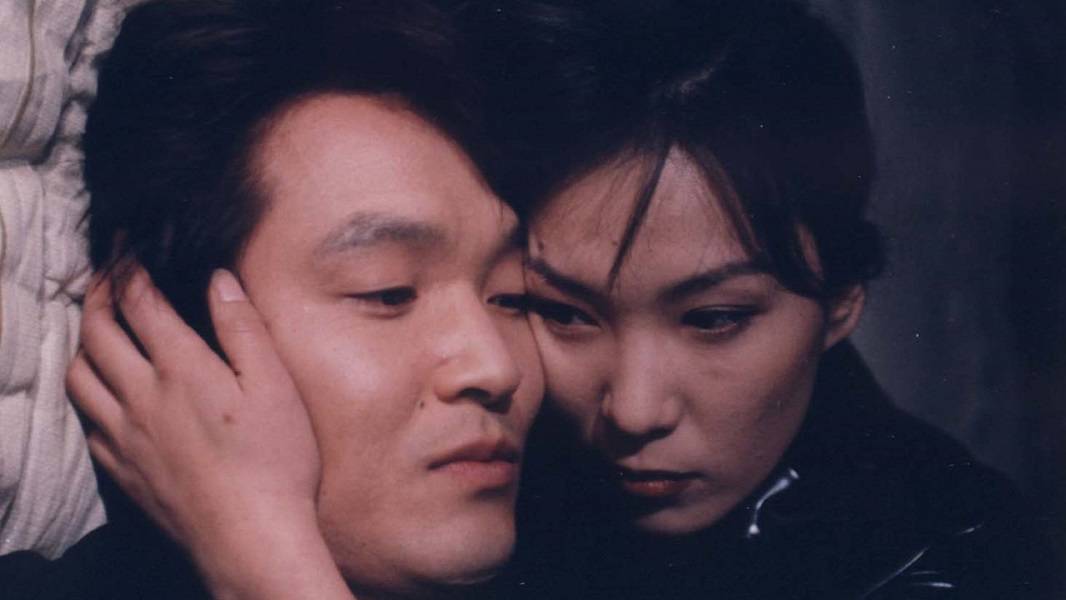Stephen Lopez was born in Quezon City in 1991, he graduated from the University of Santo Tomas in 2012 with a BA in nursing before deciding to take up a career in filmmaking. Since then, he has lived and worked in Manila as a freelance production sound recordist (his credits include Khavn's “Balangiga: Howling Wilderness”), sound designer and screenwriter for films and commercials. “Hito” was the only Filipino entry at this year's Berlinale, where it had its world premiere, and now finds its way to Vienna Shorts.
“Hito” is screening at Vienna Shorts

The film begins with two schoolgirls fighting in the dirt, in the foreground of a setting that is dominated by the presence of nuclear factories in the background. It turns out the fight is over a Walkman, with the winner being Jani, although she finds herself beaten and with a broken apparition in her hands. Another fight, this time with her mother, finds her with some money in her hands, and an order to buy dinner for the family, preferably something her father likes. Her “road trip” continues with more meetings, including a fish monger, a dog on a floating chair, a group of motely dressed people that seem to exist in another dimension and introduce her to a catfish that seems to have a lot of human attributes and in the end is revealed to even talk and introduces itself as Kiefer. Afraid that her mother will barbecue the fish, Jani takes extreme measures, but soon finds herself as a target of the government.
Stephen Lopez can easily be described as one of Khavn's “students”, since his chaotic style of filmmaking with the many, absurd vignettes, the constant mocking of a number of concepts including the title and his filmmaking itself, the music video aesthetics and the sociopolitical commentary are all elements found in Khavn's cinema. At the same time though, Lopez is somewhat more grounded in terms of his script, which does result in a compact if rather surrealistic and abstract story.
Regarding the comments, the critique of the extreme measures the Filipino government took during Covid is evident in the various messages heard from speakers throughout the movie, while some brief footage of Marcos's times lead to the ludicrous interrogation scene, which makes another comment about the particular era in the country. The way the whole sequence resembles something out of “Clockwork Orange” definitely adds to the entertainment the film offers, with the same applying to the fact that the movie eventually turns into a low-budget splatter of sorts, as blood fills the screen in buckets.
The deadpan, surrealistic humor is another element of appeal here, with Lopez leaving his imagination completely free in all aspects of the movie, including, apart from the script, his own editing, the acting, with the laughter of the family definitely staying on mind, Myles Hilado rock music, the exceptional sound of Santiago Miano Jr, John Daryl Libongco and John Michael Perez, and Iks Icay's costumes, with the super-fish one standing out in its absurdness. Akie Yano's cinematography captures all the aforementioned in the most fitting fashion, while the intense colors and lighting add to the sense that the whole thing has jumped out of the pages of an underground comic. Lastly, Kyrie Allison Samodio as Jani is exceptional, communicating her surprise and bedazzlement for what is happening as much as the way she accepts it as reality in a way that adds much to the deadpan humor that permeates the movie.
“Hito” is a great short, another testament to the heights of entertainment filmmaking can reach when artists allow their imagination free, in an aspect that seems to become a trademark of Filipino cinema.


